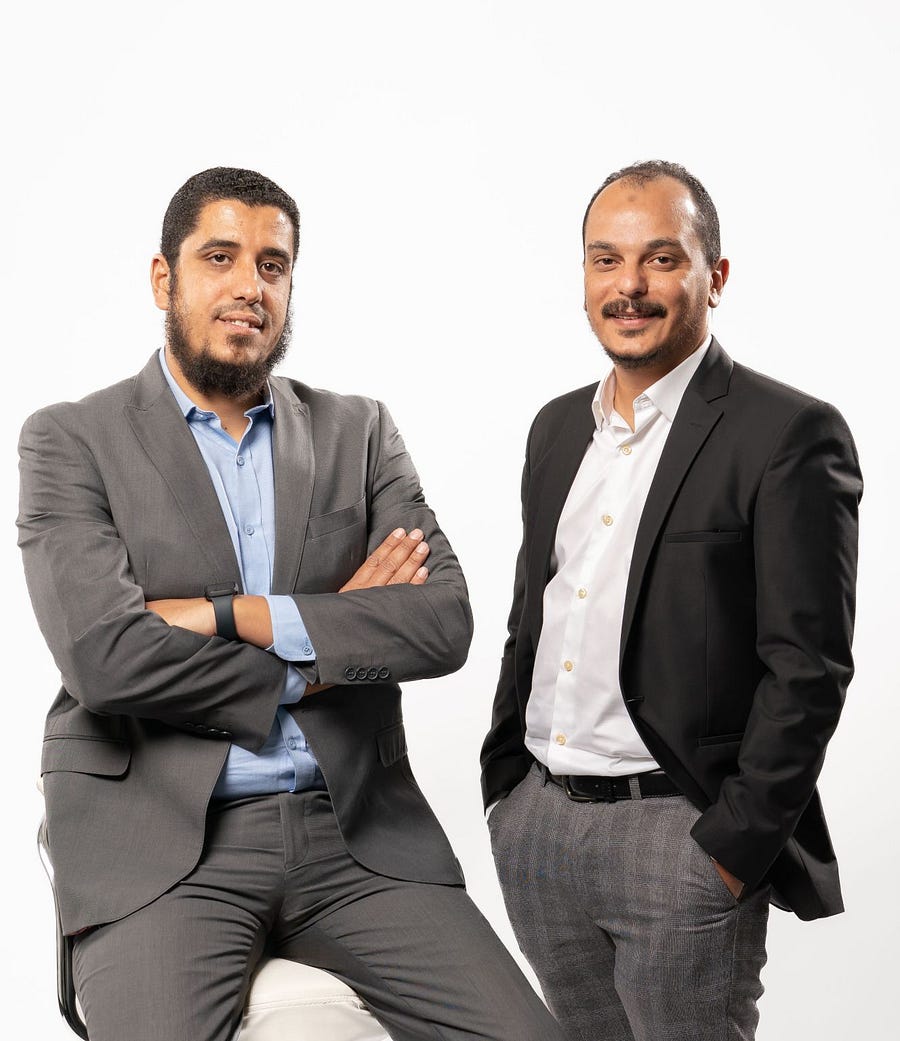Masroofi, a financial technology startup in Egypt, recently closed a financing round of $1.5 million from undisclosed investors. Masroofi focuses on electronic payment services for children, aiming to provide new and advanced solutions with areas for growth.
The founders of Masroofi, Mostafa Abdel-Khabeer and Sayed Hosni, turned down an offer of 16 million pounds from investors in the “Shark Tank” program. Instead, they sought external investment, which culminated in the successful financing round. The investment amount of $1.5 million will support the company’s expansion and operational activities.
Why the Investors Invested
The decision of investors to invest in Masroofi can be attributed to several key factors. The unique nature of the project itself played a significant role. Masroofi identified a market gap by targeting the segment of 20 million children between the ages of 5 and 15. This demographic has substantial needs and expenses, making it an attractive market opportunity.
read also Egypt’s Acasia Ventures Opens Shop in Lagos, Nigeria
Furthermore, the harmonious partnership between the co-founders, Mostafa Abdel-Khabeer and Sayed Hosni, strengthened the investors’ confidence. Mostafa brings 16 years of experience in the business field, while Sayed has extensive technical expertise spanning 20 years. The founders’ reputations and track records positively influenced investor perception, as they were already known in the industry.
Again, the exposure received through their appearance on the “Shark Tank” program contributed to investor interest. The founders’ rejection of a substantial offer generated curiosity and highlighted the potential of Masroofi.

A Look at Masroofi
Masroofi was founded by Mostafa Abdel-Khabeer and Sayed Hosni in 2022. The startup’s primary focus is electronic payment services for children in Egypt. By offering advanced policies tailored to the Egyptian family’s needs, Masroofi aims to enhance financial inclusion for children between the ages of 5 and 15. This aligns with the government’s plans for digital transformation and financial technology adoption.
read also KamaPay to Showcase Cross-Border Payment Solutions at GITEX Africa 2023
One of the key offerings from Masroofi is a bank card system. Each account provides three cards, a unique feature not yet available in Egypt. The company successfully partnered with the Arab Bank to issue these cards and also signed an agreement with Visa, demonstrating their swift and decisive steps in establishing strong partnerships.
Masroofi’s ambition is to reach 2 million children nationwide within the next five years. Their initial target audience includes approximately 4 million children in Cairo, Giza, and Alexandria, along with 2 million children in compounds, international clubs, and schools. Masroofi aims to grow with its customers, covering their evolving needs in various segments of the market, including offering Neo Bank services.
The founders firmly believe that financial technology companies can continue to lead the startup market in Egypt. With a large market and the essential role of money management, the financial technology sector naturally holds a prominent position. Additionally, there is growing interest in other sectors such as agriculture and health technology, recycling, and artificial intelligence, which are penetrating all industries.
Although there is progress in digitization, certain aspects of the financial technology sector in Egypt still require attention. These include remittances from Egyptians abroad, the Islamic economy, and the installment payment system. Moreover, there is a continued need for more financial technology companies in the market. With around 140 such companies in Egypt, opportunities remain abundant due to the country’s large population of over 110 million citizens and the vast number of governorates.
Masroofi Egypt Masroofi Egypt
Charles Rapulu Udoh

Charles Rapulu Udoh is a Lagos-based lawyer, who has several years of experience working in Africa’s burgeoning tech startup industry. He has closed multi-million dollar deals bordering on venture capital, private equity, intellectual property (trademark, patent or design, etc.), mergers and acquisitions, in countries such as in the Delaware, New York, UK, Singapore, British Virgin Islands, South Africa, Nigeria etc. He’s also a corporate governance and cross-border data privacy and tax expert.
As an award-winning writer and researcher, he is passionate about telling the African startup story, and is one of the continent’s pioneers in this regard
